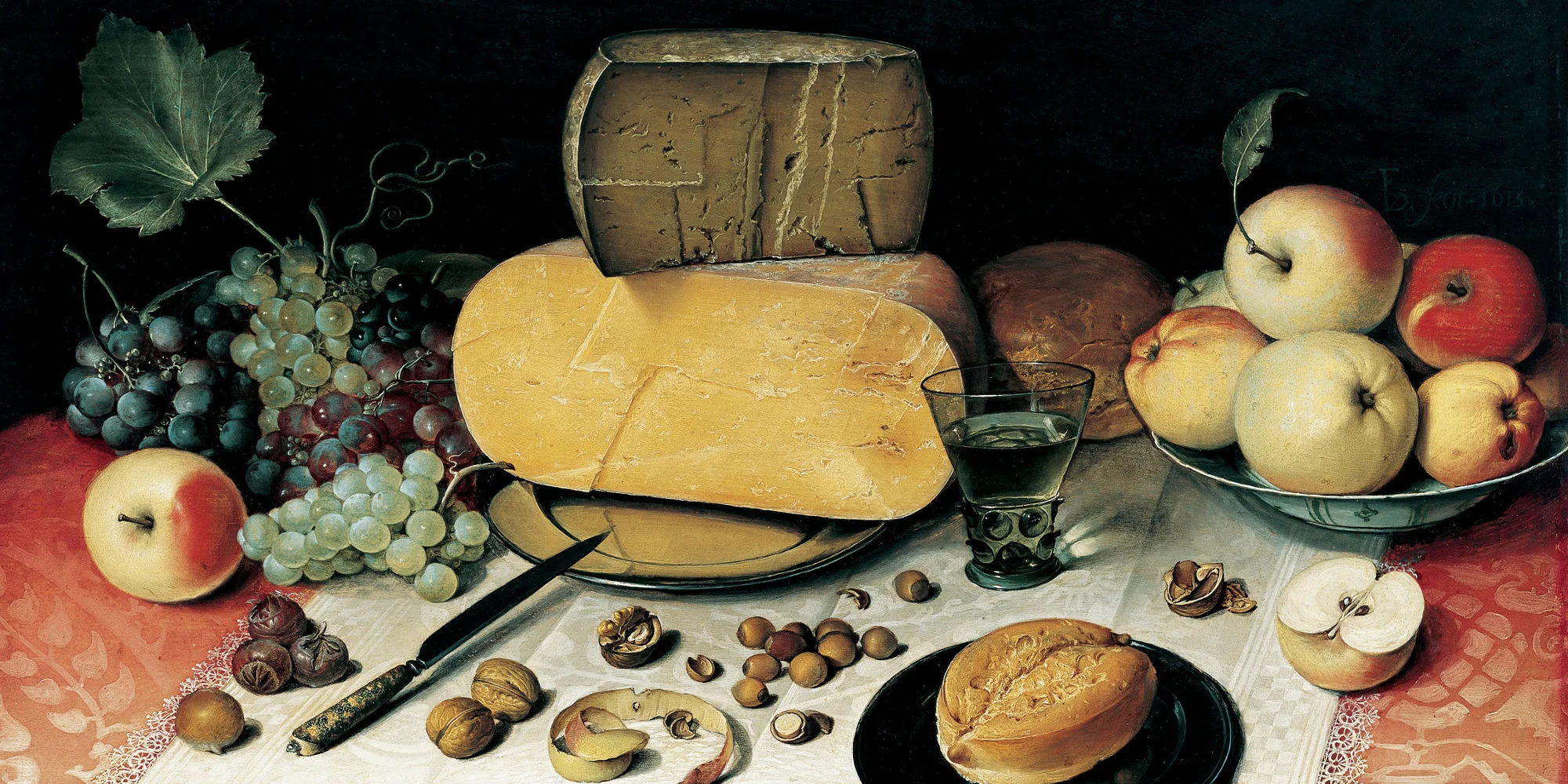Friday Speaker Series
Fall 2024
An ongoing series of discussions with Yale faculty and visiting speakers on timely and timeless questions.
Three Games of Politics
Kevin Elliott | 12-1.30pm, September 20
Recent transformations in democratic politics have sent scholars on a desperate search for concepts, historical parallels, and frameworks to help understand them. I propose a framework for understanding contemporary politics that says politics can occur in three modes—friend-enemy, pluralist, and technocratic—and that each of these modes can be understood as a game with its own rules, social ontology, and goal. Examining the way these coexisting games interact and combine with each other illuminates some of today’s deepest political paradoxes, such as how democracies should respond to anti-democratic movements within them vying for power via legal means.
Kevin Elliott is Lecturer in Ethics, Politics, & Economics at Yale University.
The Ethics of Academic Authorship
Peter Wicks | 12-1.30pm, September 27
The availability of ChatGPT and other increasingly sophisticated generative AI tools has led to a crisis in higher education, but even before these technologies became available to the public plagiarism was already widespread in universities. ChatGPT and similar tools have not made traditional norms of academic authorship obsolete, but they have exposed the inadequacies of the ways in which those norms have often been justified, including accounts of plagiarism that define it as a form of intellectual theft.
Peter Wicks is Scholar-in-Residence at the Elm Institute.
Evolution, Human Nature, and the Meaning of Existence
Samuel Wilkinson | 12-1.30pm, October 4
For the last century and a half, mainstream science has claimed that there is no overall purpose to our existence and that life has no fundamental meaning. E. O. Wilson summed up the dominant view when he declared, in On Human Nature, “No species, ours included, possesses a purpose beyond the imperatives created by its genetic history.” But is this really what the science implies? What does it mean to say that life has a purpose? What can different scientific disciplines—from evolutionary biology to to psychology—contribute to answering questions of this kind?
Samuel Wilkinson is Associate Professor of Psychiatry at Yale.
Is Suffering Ever Evil?
Charlotte Duffee | 12-1.30pm, October 11
What is suffering? We are commonly told it is a loss of something important, which is said to make it evil. But perhaps we should instead think of suffering as a way of loving the good that is at least morally neutral, if not positively good.
Charlotte Duffee is Postdoctoral Fellow in the Human Flourishing Program at Harvard University.
Is Privacy Possible in a Digital World?
Luise Papcke | 12-1.30pm, October 25
In an era in which most aspects of our lives leave some form of digital trace, privacy has become a political and legal battlefield – and appears to be an increasingly unattainable ideal. But what exactly is privacy and why do we care about it? And what form of it could best serve us in the age of ubiquitous surveillance?
Luise Papcke is Postdoctoral Associate in the Department of Political Science at Yale University.
Religion, Robots, and Rocketry
Benjamin Doolittle | 12-1.30pm, November 1
Can AI have faith? Should aliens be baptized? Rapid advances in technology and science, along with speculative fiction, raise novel religious questions and prompt us to deeper reflection on what it means to be human.
Benjamin Doolittle is Professor of Internal Medicine and Pediatrics and the Yale School of Medicine and Professor of Religion and Health and the Yale Divinity School.
Theosophy and the Science of Religion
Chris Coome | 12-1.30pm, November 8
Where do new religions come from? Scholars generally trace the history of contemporary new religious movements to the Theosophical Society: a syncretic, esoteric religion that piggy-backed off the rise of comparative religious scholarship and colonial encounters in the 19th century. Alongside similar movements like Anthroposophy, the Hermetic Order of the Golden Dawn, and the Ordo Templi Orientis, Theosophy helped redefine the religious marketplace and set in motion the variables of our present spiritual milieu. But, if they defined our milieu, who defined theirs?
Chris Coome, PhD is an intellectual historian and MAR candidate at Yale Divinity School.
Are You Meritorious?
Darel Paul | 12-1.30pm, November 15
To advocates of meritocracy, merit is a kind of objective technical skill adhering to individuals that institutions should cultivate, recognize, and reward. But merit is inescapably cultural and political as well as technical, and thus collective as well as individual. What does it take for a society to agree upon a definition of merit and how to reward it? Can a social order ever be ‘fair’? How would we know ‘equality of opportunity’ if we saw it?









